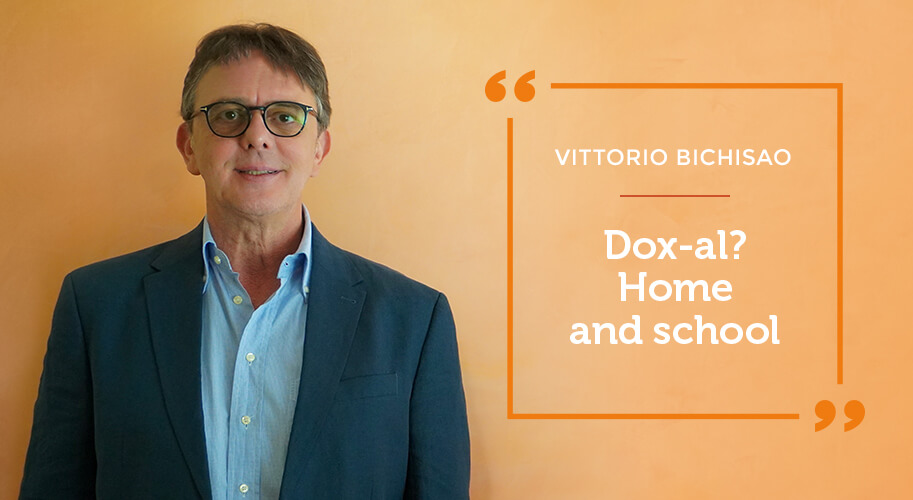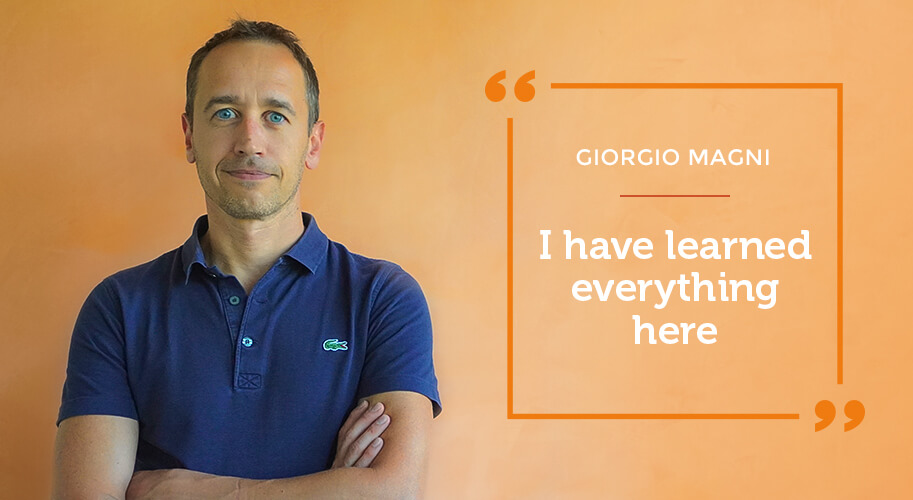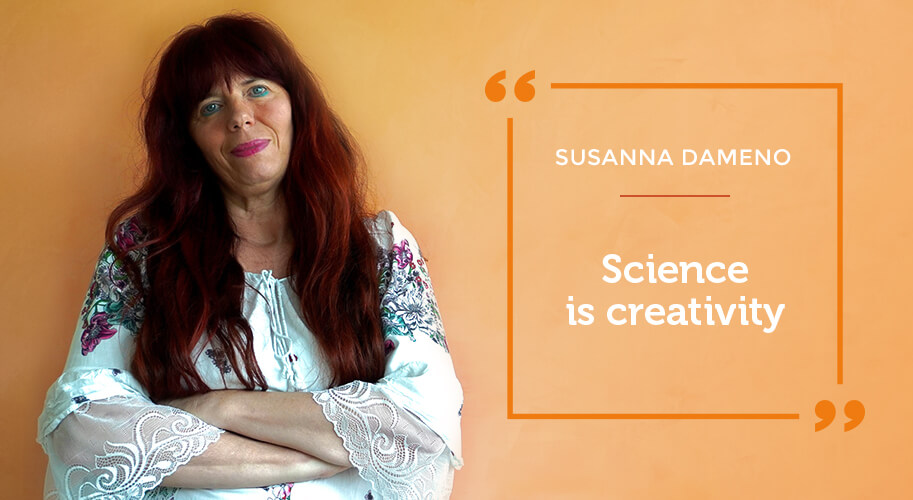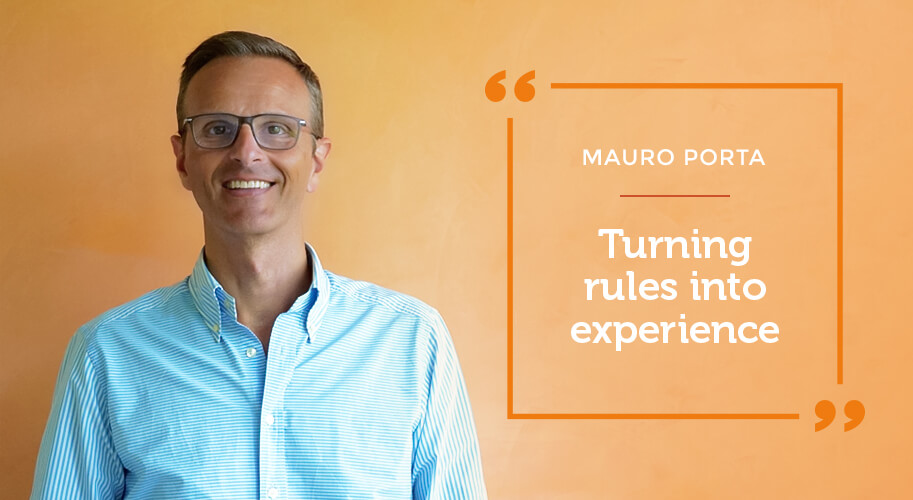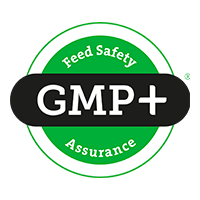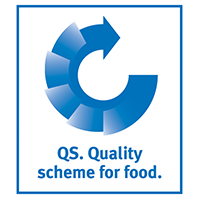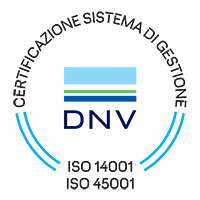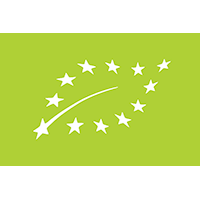“Each country has its own regulations” is a truth that she faces on a daily basis. Anna has grown in Dox-al, initially covering a role in the management of bureaucratic processes with foreign countries, as part of the sales sector. Over the course of her time in the company, she has acquired a profound knowledge of regulations from a number of countries, in all their detail, first and foremost in terms of important aspects such as wording on products that is obligatory in other countries but not in Italy, or vice versa. Thanks to her experience, Anna is able to analyse points of convergence and divergence between European regulations and those of the country she is examining.
While a knowledge of regulations is a cornerstone of her work, knowledge of the sector and products is an essential company value, one that results in a capacity for innovation, basing research on solid foundations. A value that is also recognised by the market, because Dox-al research is not an end in itself, but rather leads to tangible and measurable results. These are milestones that are recognised by the many clients worldwide that Anna has had the opportunity to meet during international trade fairs, and that have led her to say that “our competitors are often our followers”.
At a trade fair about a decade ago, Vivasia, Anna clearly perceived the international character of the company: “I was at a table with people from 10 different nationalities, and a Vietnamese man was talking to an Egyptian about the same product, which was used in aquaculture and poultry breeding. It was naturally one of ours, and it was then that I understood that what brought two very different cultures together was Dox-al”. Over the last twenty years, she has greatly expanded her cultural background, because she has had the opportunity to learn much about the entire supply chain, acquiring a wider view of a market where “behind every decision is a world of investments and protocols”.
Hers does not appear to be a particularly fun job, but Anna has a secret, running. And not just for a few hundred metres, but for the classic 42 km of a marathon. She has already taken part in the Rome and Milan editions, with a best time of just over 4 hours. As well as working out with weights, every week she runs 20/25 km, and this also seems to help her with her work, because: “When I run, I think, even about work. I take mental notes of problems and I solve them. When you run, thoughts are more fluid”. If you have a problem you can’t solve, you should try her method.

